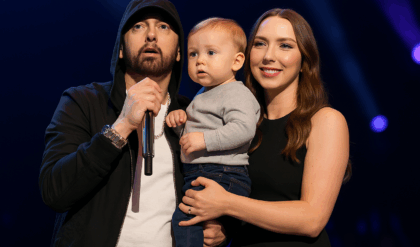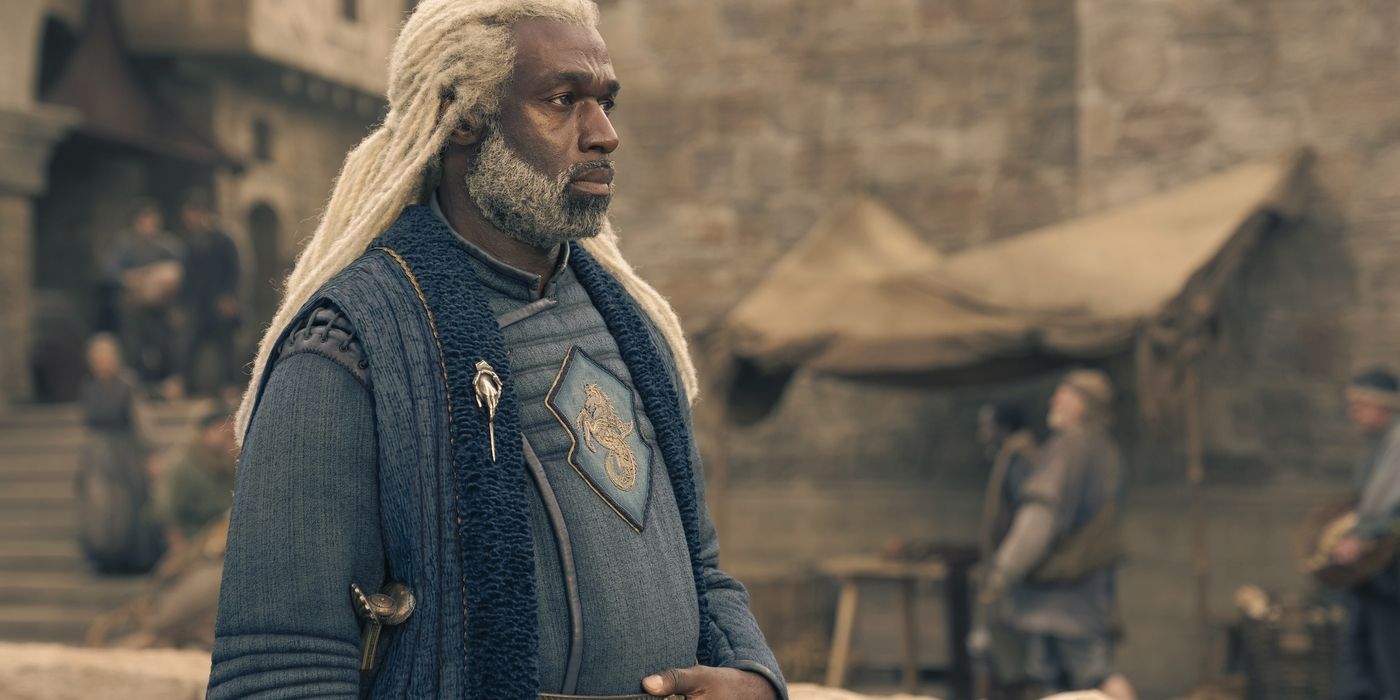
While speaking with Variety, Patel explains why she is glad the season did not end with a battle, and instead came to a head differently. She discusses how she used her direction of the critically acclaimed season 1 episode, “Lord of the Tides,” as an example of how to make an episode riveting without a battle, and instead focus on providing satisfying payoffs for the relationships and character arcs building throughout the season. Check out Patel’s comments below:
I honestly didn’t know what to expect. I didn’t know if it would be a battle or something else. I probably expected a battle, just as a fan. Then when I read the script, I was pleasantly surprised and happy, because I think we put too much on battles. I think what’s really interesting about this episode is that it’s about relationships. It’s the dialogue, the twists and turns, the relationship between Daemon and Rhaenyra, and Rhaenyra and Alicent.
For me, it was quite thrilling to focus on the dramaturgy. I love that. I was excited to dig deep with this. I definitely felt the challenge if people are expecting a big battle, how is this going to compete with it? But having done episode 8 from season 1, I knew that if we executed the script it would be grand.
The House Of The Dragon Season 2 Finale Worked Well Without A Massive Battle
The Finale Prioritizes Character Development Over Spectacle
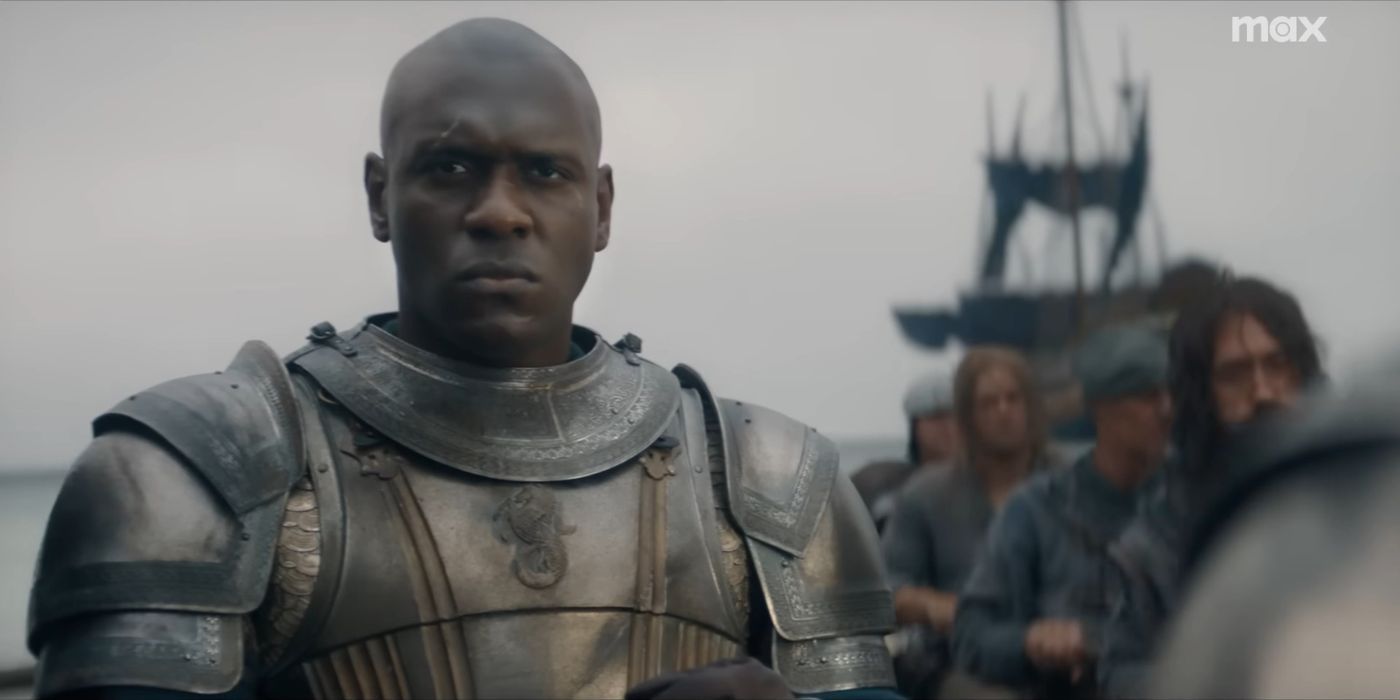
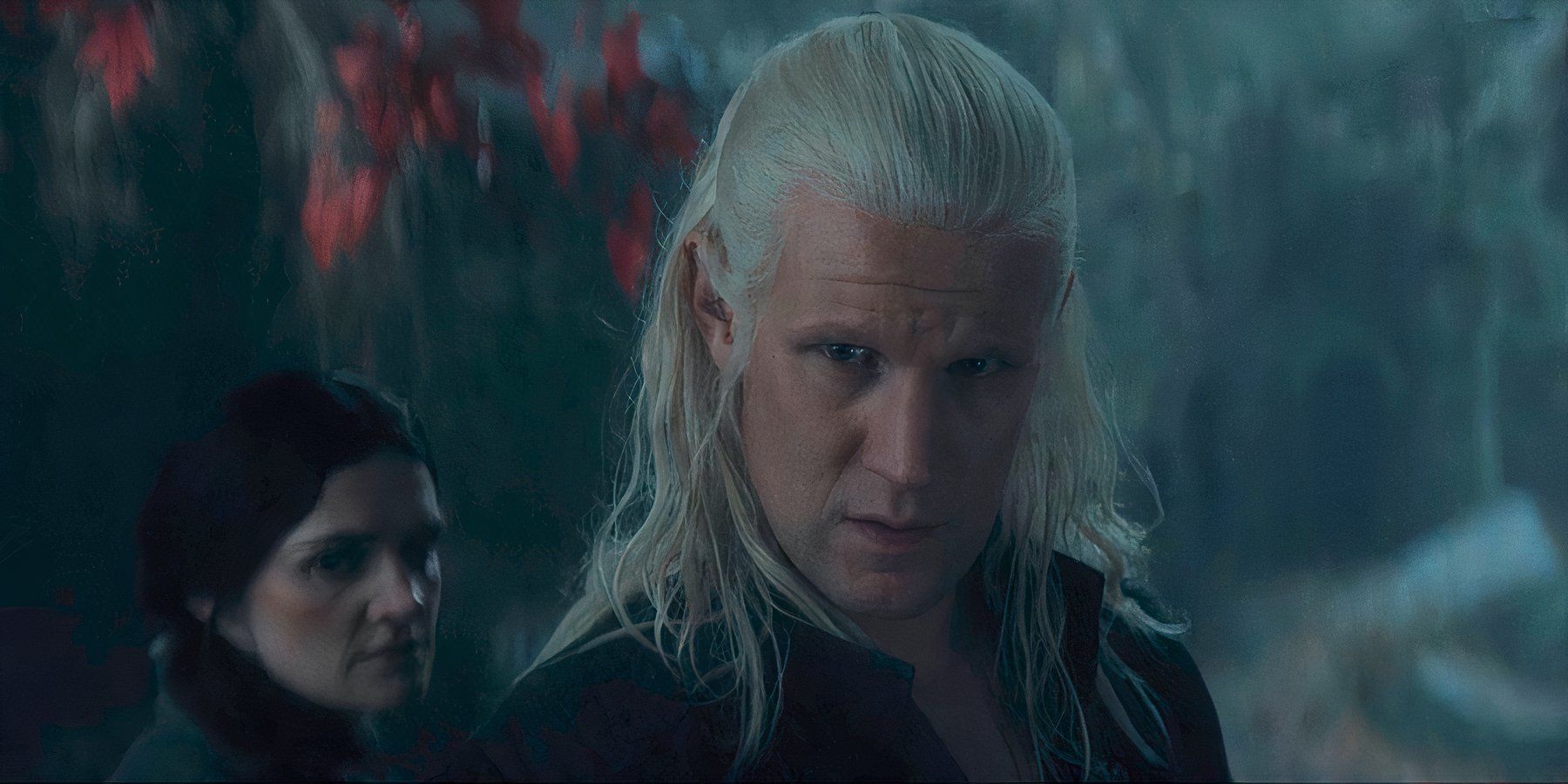
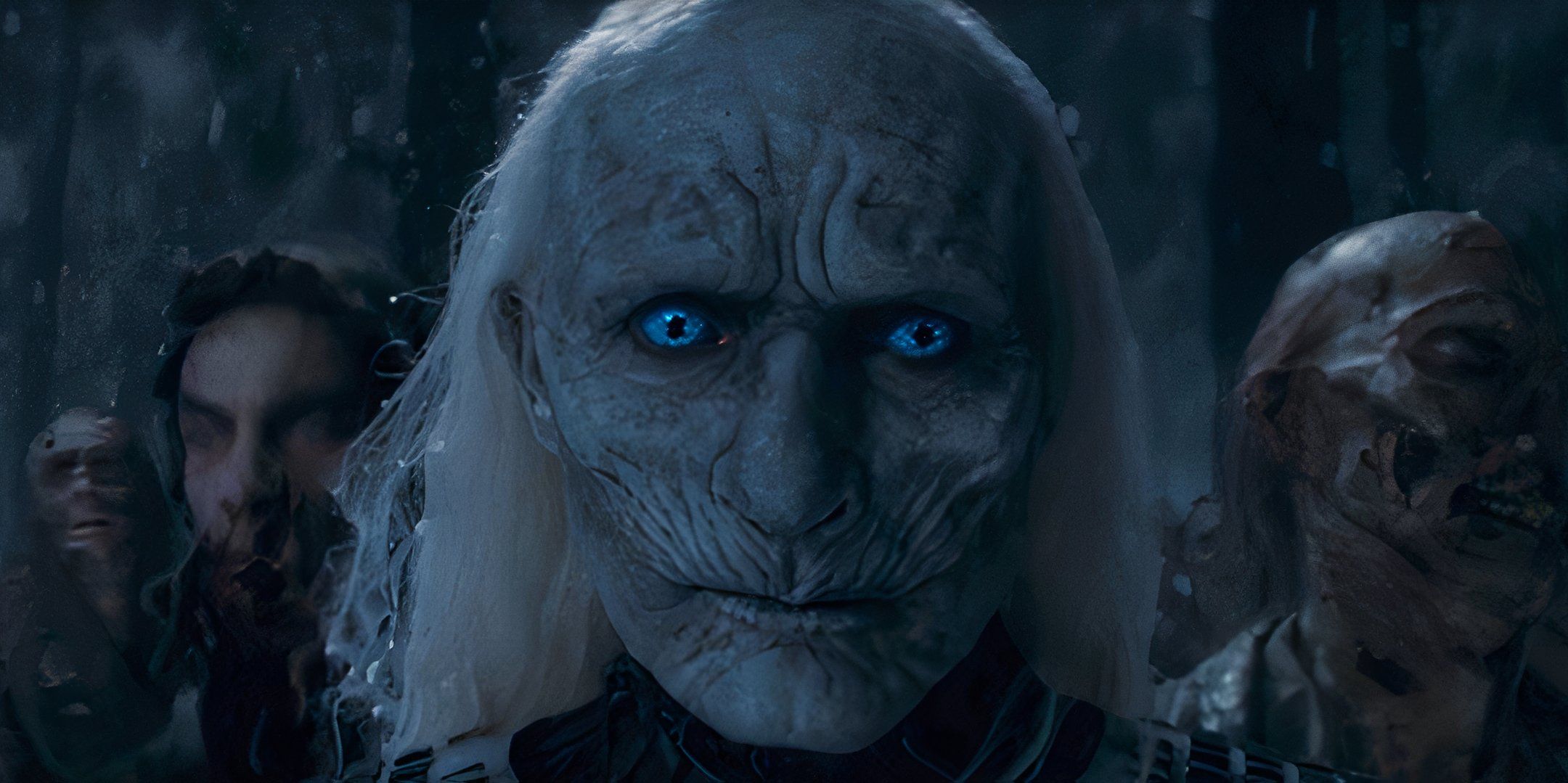
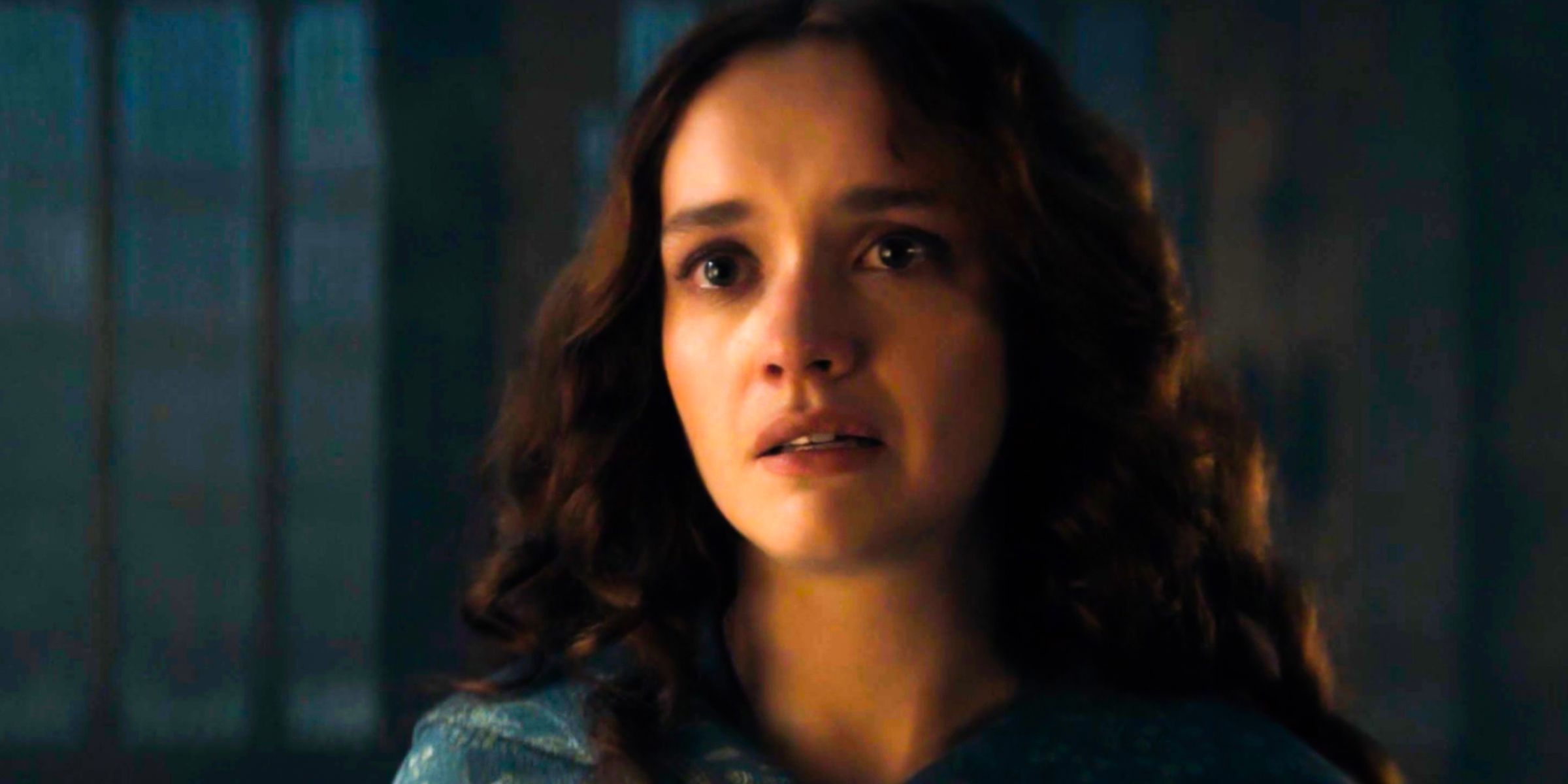
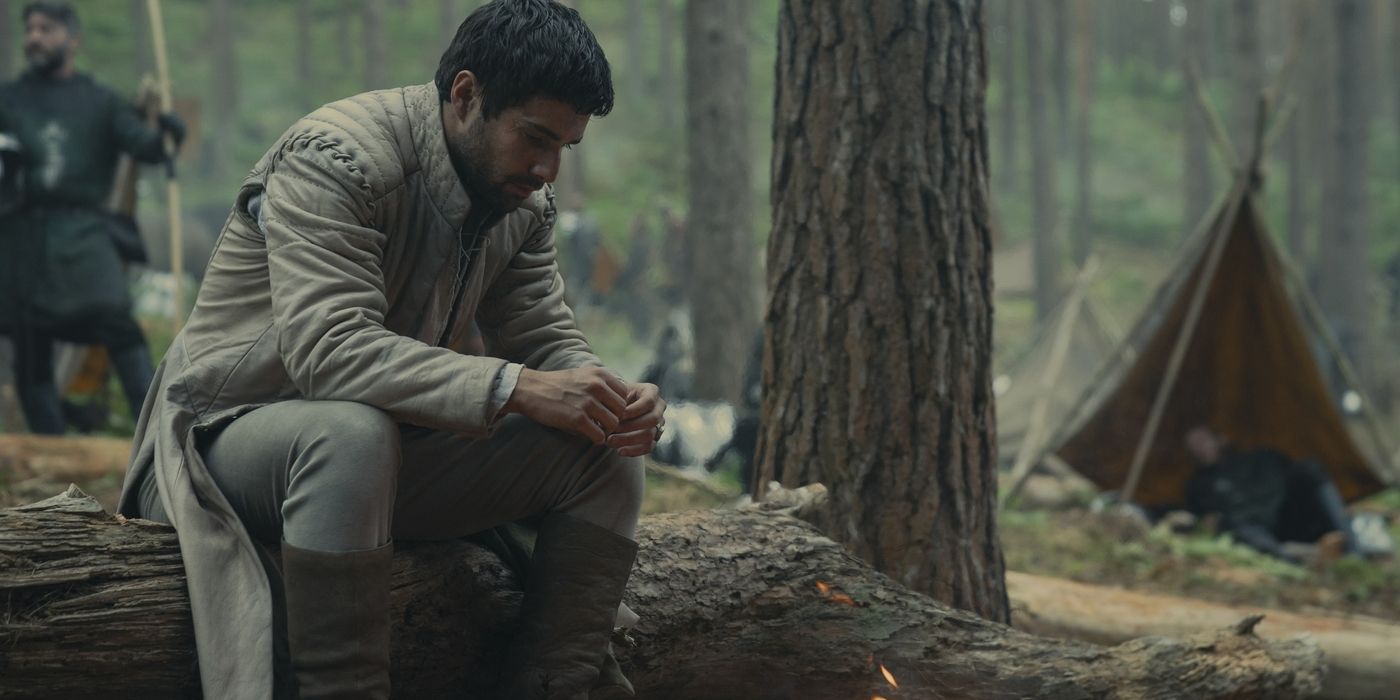





Now that all these characters know where they stand with each other and have put the uncomfortable truths out into the open, the action can proceed as needed in House of the Dragon season 3.
The finale ultimately did not need to end with a battle as it culminated House of the Dragon season 2’s core character arcs in a satisfying fashion. The tension building between many of the series’ key relationships boiled over as the characters confronted and articulated difficult truths, including in the relationships of Rhaenyra and Daemon Targaryen, Rhaenyra and Alicent Hightower, Alyn of Hull and Corlys Velaryon, and Ser Criston Cole and Ser Gwayne Hightower. A battle would not have worked if the unresolved tension and its consequences were left ignored, which would have made many season 2 arcs feel incomplete.
After nearly an entire season of separation between Daemon and Rhaenyra, and Daemon’s visions at Harrenhal, he needed to choose once and for all whether he would choose Rhaenyra or pursue his own claim to the Iron Throne. Given all the restrained interactions between Alyn and Corlys, they needed to finally be honest with each other. This was especially important for Alyn, as Corlys could not understand what Alyn endured as a child, and why he was now reluctant to accept his father’s generosity.
The long and complicated history between Rhaenyra and Alicent, and the latter’s desperation to fix her mistakes also needed to be properly addressed, as did Gwayne’s resentment toward Cole, and Cole’s seemingly cold actions. Now that all these characters know where they stand with each other and have put the uncomfortable truths out into the open, the action can proceed as needed in House of the Dragon season 3. The show smartly prioritizes its characters and the narrative stakes over simply delivering spectacle.
